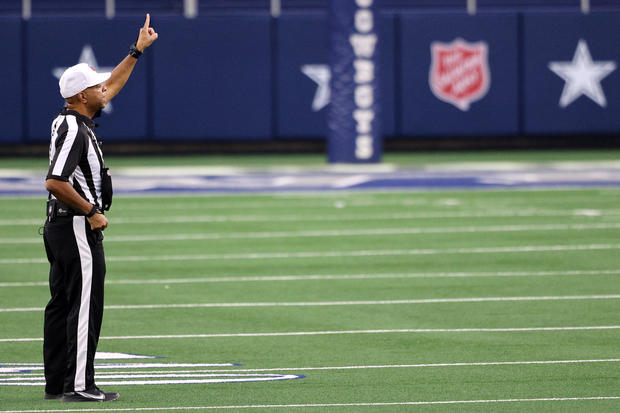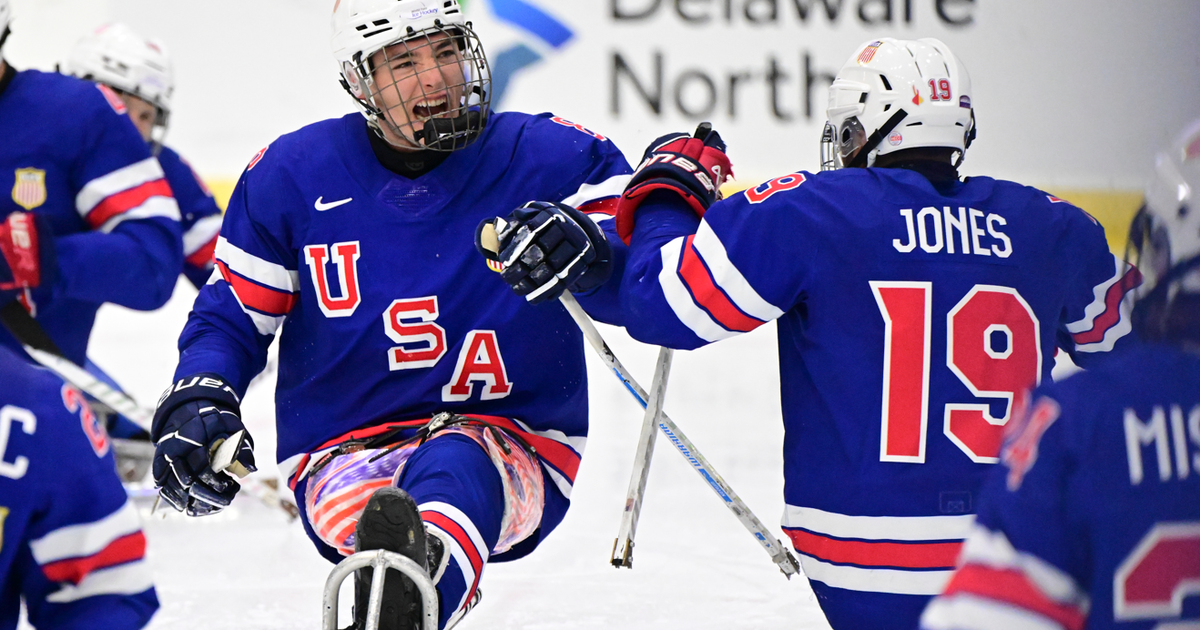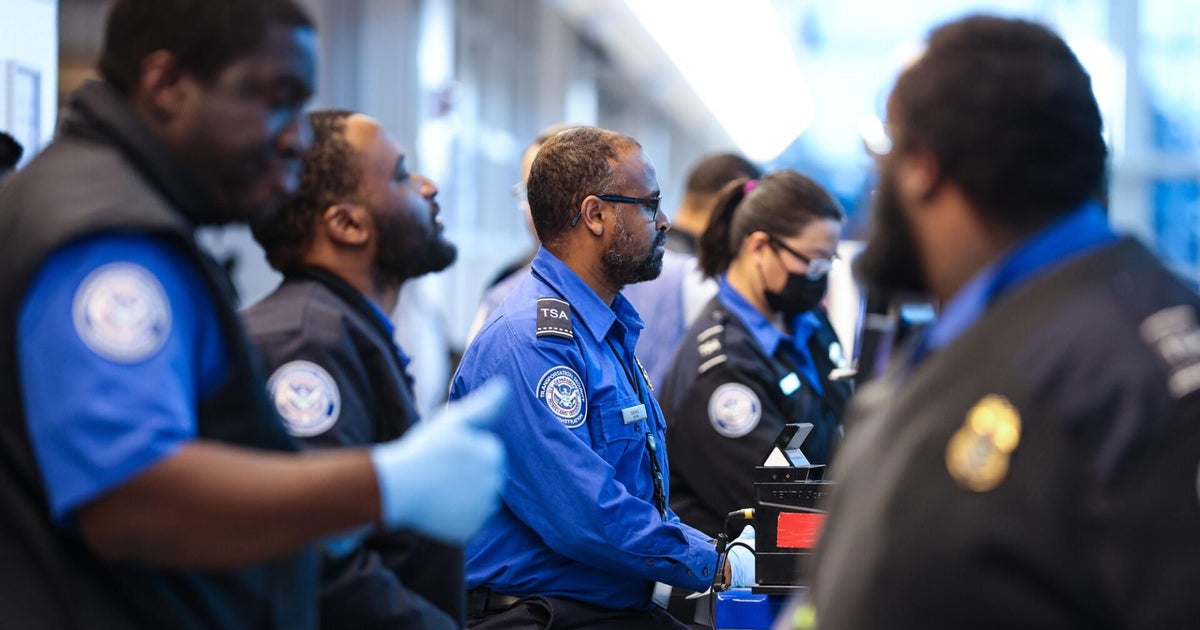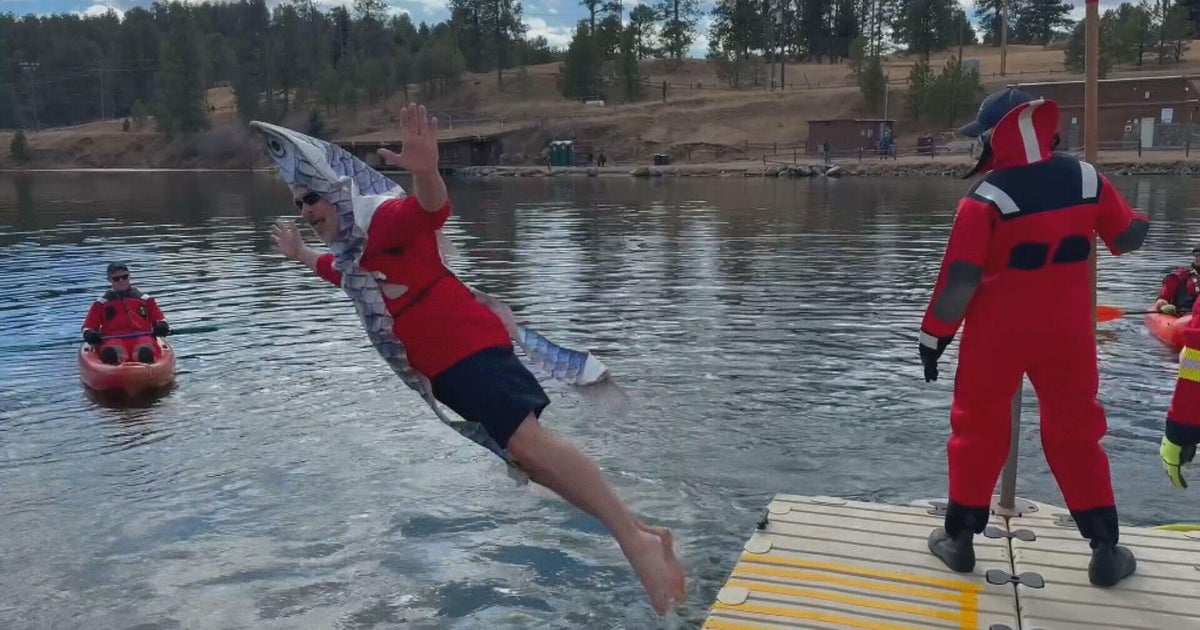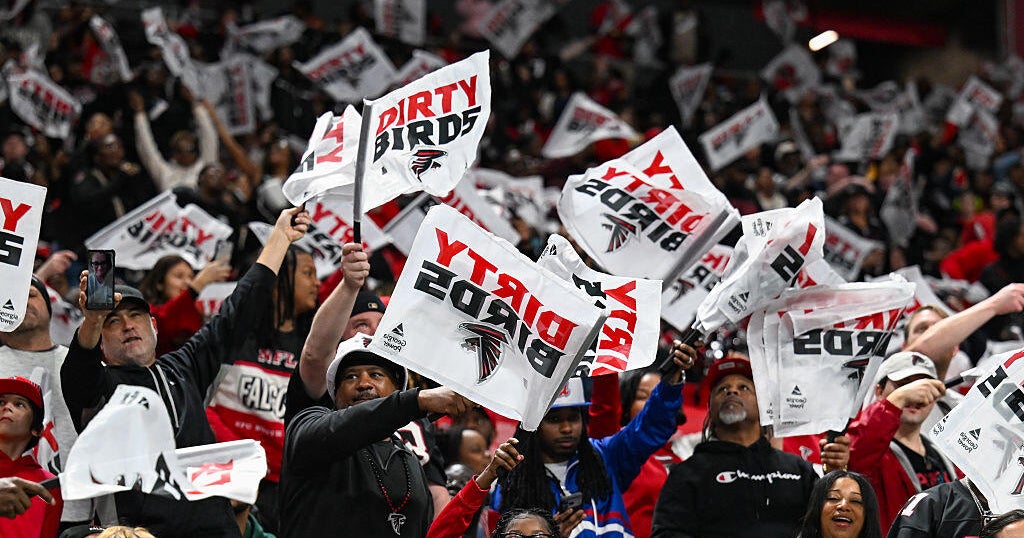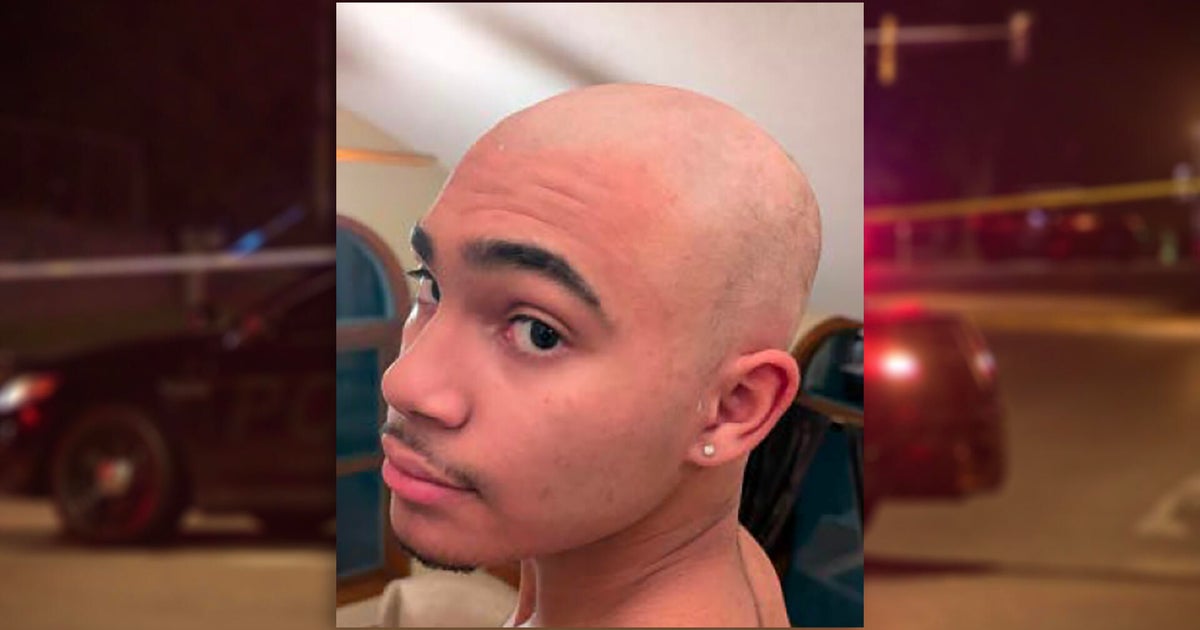Referee And Rocket Scientist? Adrian Hill Talks About The Pressure On And Off The Field
BALTIMORE (WJZ) -- The pressure of being an NFL referee is immense. All eyes are on you with every call that's made. But how about being a rocket scientist as well?
One Maryland man has juggled both jobs for years, wearing one hat on Sundays, and another during the week.
Adrian Hill's story is one of the most fascinating. It's the story of a true rock star where the NFL meets NASA.
We know Sundays in the fall are sacred. Tens of thousands of fans packed together, millions more at home, pulling for their team in America's sport.
Every second and every inch matters for 60 minutes, and for Hill, he's in the thick of it all.
WJZ's Rick Ritter: "You realize you have two jobs here that are complete opposites?"
Hill: "With the NFL, you're making split decisions on the field, it goes by in a flash. On the spacecraft side, it's very different. When we make decisions, it's very measured, we weigh decisions."
Hill has spent more than 20 years at the Johns Hopkins Applied Physics Lab, and 10 years in the NFL officiating.
"It's almost opposite sides of the brain," Hill said. "It's an unusual combination. Certainly, when I was younger, I didn't say I wanted to be a rocket scientist and a ref."
While Hill started his engineering career working at the Goddard Space Station for NASA, he found an ad in the paper to ref local youth football.
"Had no aspirations of anything larger, made $13 a game, a little change in my pocket," he said.
Fast forward. With the help of some mentors and a love for the game, Hill worked his way through the ranks of high school and college football. He got the dream call from the NFL in 2010.
Ritter: "You're actually the seventh Black man to become an NFL ref. What's that mean to you?"
Hill: "That's probably one of the most special things as far as my career and accession into the NFL. To think there have only been seven African American NFL refs in the history of the NFL in a sport where 70% are players in the NFL."
But that's just his Sunday job. Hill is a principal software engineer during the week, working directly with NASA missions.
"I work a lot on the software that monitors the health of the spacecraft," Hill said. "When things were going well, things are very quiet, as soon as something goes wrong, you're the first guy people go to."
Ritter: "You see this thing up in space, having contact, do you get chills a bit?"
Hill: "You really do. The first mission I worked on was Messenger, our mission to Mercury. I was flight software lead for that mission. Most recently, I worked on Parker Solar Probe, which is currently flying, and it's been the closest man-made object to the sun."
Ritter: "What's more pressure for you: Is it making a split-second decision on the NFL's biggest stage, or is it here working with NASA?"
Hill: "I feel more pressure on the NFL field. When the lights go on, we blow the whistle, and the action is live. If you had a heart rate monitor, my heart rate is at the highest. I know people say it's just a game, but 20 million people are watching, you make the snap decision."
Ritter: "You're out on the field Sunday, and you roll back here on Monday, are you still thinking about some of those calls?"
Hill: "On the field, we try to get every call right. If we miss a call, that's something that weighs on us, you wouldn't be human. We also have to learn to compartmentalize, you may make a call, right call or wrong call, but they're going to snap that ball 30 seconds from now and they'll re-snap the ball, you got to refocus on next play."
Ritter: "What player have you seen on the field and say, 'This guy is something else?'"
Hill: "I'd have to say Lamar Jackson really stands out. Especially as a ref, crew chief, my primary job is the quarterback. I chase Lamar."
Ritter: "Hold on a second. You have to chase Lamar Jackson?"
Hill: "I have to chase him. That's why it stands out in my mind. I just can't believe how fast, how athletic he is, and how hard he is to keep up with."
Ritter: "You have two amazing, fascinating jobs. It can't be easy to do both at such a high level. What do you say to the kids out there who are told they can't be more than one profession?"
Hill: "If someone told a kid they could be a professional football player and medical doctor, you'd think that would never happen. If you have that drive and determination, you can do it. Don't listen to them. You can go out and do both."
Hill said his ultimate goal is just like the players. He wants to get to a Super Bowl and work one. He was selected as an alternate ref for the playoffs last year.It's not uncommon for NFL refs to have day jobs. Some are accountants and lawyers, but Hill's job is just a little cooler.
Hill added that he wants to get more children involved in STEM programs.

